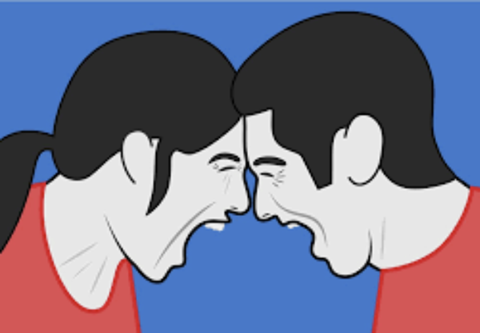After more than 10 years of writing about the scourge of tracking and online surveillance, it finally occurred to me this week why most people, regulators, and legislators don’t seem to get it or care much about it.
I was at a dinner with a famous economist, and a former professor of advertising and marketing at one of our most prestigious universities. In the course of dinner the topic of conversation turned to online advertising.

I explained how I felt about tracking-based online advertising. One of these brilliant people replied, essentially, “I don’t see what all the fuss is about. Sure, online advertising sometimes feels creepy. But so what? All advertising is annoying.”
At that moment the penny dropped. I realized for the first time what the problem is. The worst consequences of tracking are not that it makes advertising worse, it’s that it makes other things so dangerous.
What most people don’t understand is that the tracking-based data collected by and for advertisers is also used…
– by platforms like Facebook to create algorithms that have the effect of polarizing us and driving wedges into society [1]
– are used by malefactors to spread misinformation and lies in specific directions undermining confidence in elections, democratic institutions and scientific findings [2]
– are used by criminals to extract tens of billions of dollars illegally from the programmatic advertising ecosystem [3]
As most ad and marketing geeks do, I made the mistake of forgetting that advertising is of little to no consequence to most people. They really don’t give a flying shit about it and if it’s a little more annoying, so what?
In order for us to get people to understand the damage that tracking is doing, we need to change the context of the argument away from advertising itself and explain what the reckless practice of tracking is doing outside its effect on ads.

A Further Example
The polarizing effect of tracking-based algorithms used by platforms is largely not understood, even by very smart people. A piece in The New York Times this week entitled “America Has Split, and It’s Now in ‘Very Dangerous Territory’ “ describes how polarization is ripping society apart.


The article’s lengthy description of how and why American society is being divided does not have a single mention of the role that our industry has played. There is clearly a knowledge gap and if we don’t act soon to remedy this, we’re going to be in deep shit. Or maybe we’re already in deep shit.
…
Seeking to build and grow your brand using the force of consumer insight, strategic foresight, creative disruption and technology prowess? Talk to us at +971 50 6254340 or mail: engage@groupisd.com or visit www.groupisd.com/story

